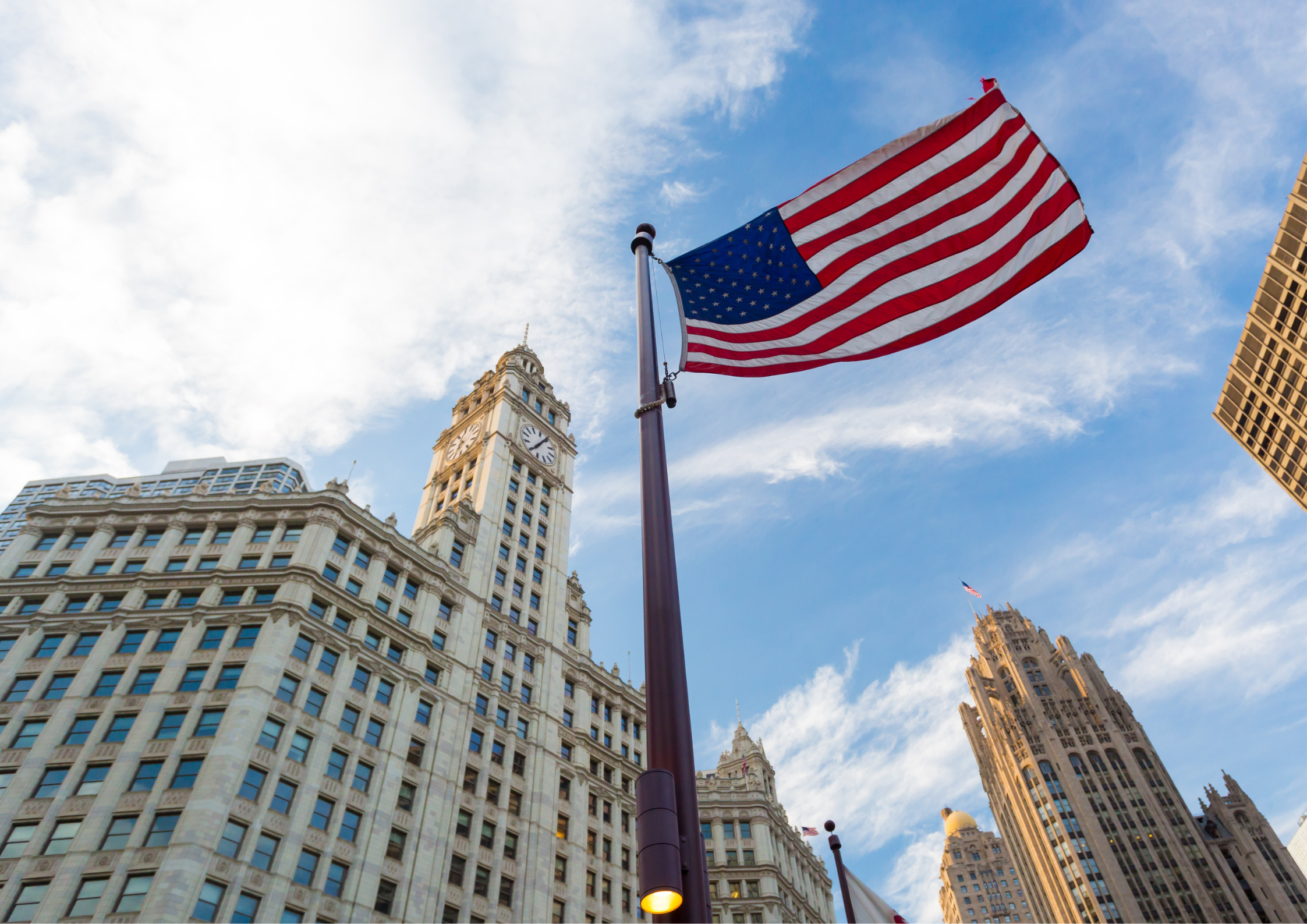
Global financial markets experienced a significant uptick on Monday, propelled by a resurgence in the “Trump trade” following an attempted assassination on former President Donald Trump. The incident, which occurred during a rally in Pennsylvania, has sparked a renewed wave of speculation and volatility in the markets as investors grapple with the implications for the upcoming U.S. presidential election.
The “Trump trade,” a term coined during Trump’s previous administration, refers to market bets based on his economic policies, including tax cuts, higher tariffs, and deregulation. These trades have gained momentum since President Joe Biden’s subpar debate performance last month, which has cast doubt on his re-election chances. However, the assassination attempt has further galvanized Trump’s base and injected new uncertainty into the political landscape.
Market Reactions and Investor Sentiment
Treasuries were among the first to react, with long-dated bonds leading the decline as traders bet on Trump’s pro-growth fiscal policies. The yield on 30-year bonds rose above that of two-year bonds for the first time since January, indicating expectations of economic expansion and a steepening yield curve.
Meanwhile, the dollar edged higher against most major currencies, Bitcoin surged past $60,000, and S&P 500 Index futures for September climbed by 0.4%. These movements reflect investor optimism about a potential Trump victory and its perceived impact on the economy.
“For us, the news does reinforce that Trump’s the frontrunner,” said Mark McCormick, global head of foreign-exchange and emerging-market strategy at Toronto Dominion Bank. “We remain US dollar bulls for the second half and early 2025.”
Increased Political Risk and Market Volatility
Despite the market’s initial bullish response, the introduction of political violence into the U.S. election campaign adds a new layer of uncertainty. The attempted assassination has not only rallied Trump’s supporters but also heightened concerns about political stability, which could drive investors towards safer assets.
“Political risk is binary and hard to hedge, and uncertainty was high as it is with the close nature of the race,” said Priya Misra, a portfolio manager at JPMorgan Investment Management. “This adds to volatility. I think it further increases the chance of a Republican sweep,” she added, suggesting that such an outcome could exacerbate the steepening pressure on the yield curve.
Investment Strategies and Market Positioning
While the market appears to be factoring in a higher probability of a Trump victory, traders are also cautious about the near-term volatility. The market has been grappling with concerns over high valuations, particularly in the booming artificial intelligence sector, alongside the risks posed by elevated interest rates and political instability.
David Mazza, CEO at Roundhill Investments, noted that the assassination attempt would likely boost volatility, driving some investors towards defensive stocks such as mega-cap companies. “It also adds support for stocks that do well in a steepening yield curve, especially financials,” he said.
Federal Reserve's Considerations on Interest Rates
Bond traders, who have been pricing in at least two interest-rate cuts in 2024, might now reconsider this outlook if Trump’s election prospects continue to rise. Michael Purves, CEO and founder of Tallbacken Capital Advisors, highlighted that “Trump’s stated policies are — at least now — more inflationary than Biden’s, and we think the Fed will want to accumulate as much dry powder as possible.”
Outlook for the Future
As the U.S. presidential campaign heats up, markets are poised for continued volatility. Investors will be closely monitoring political developments and their potential impact on economic policies and market dynamics. The unfolding drama adds a new dimension to the traditional election cycle, highlighting the intricate interplay between politics and financial markets.













